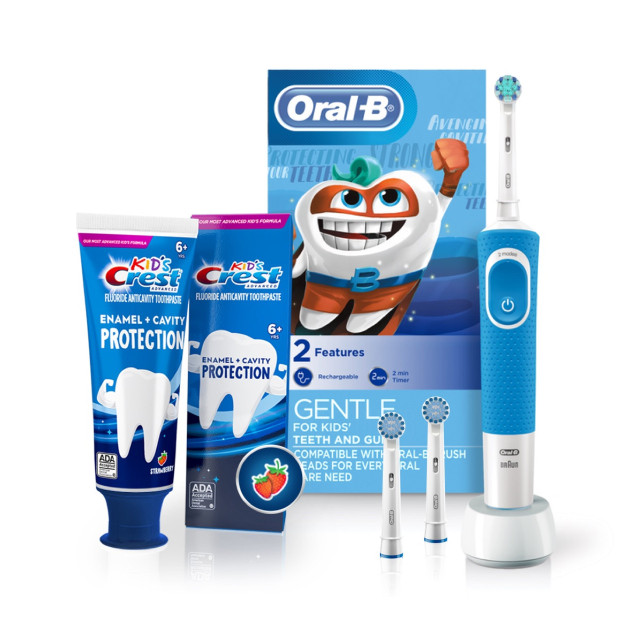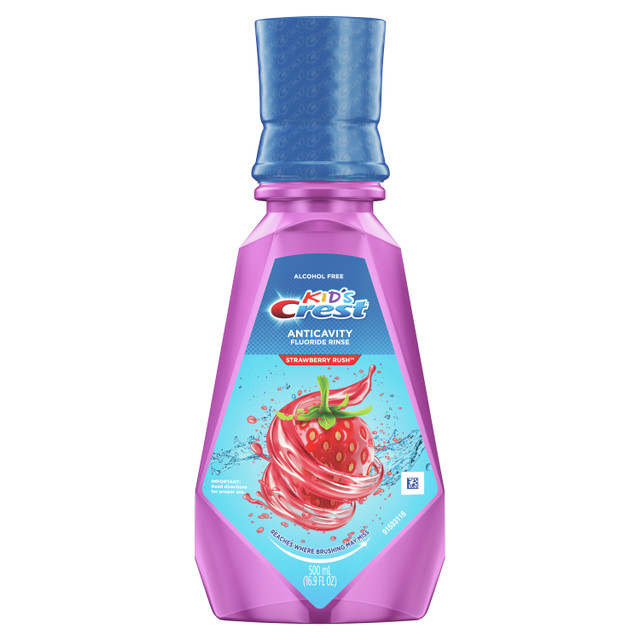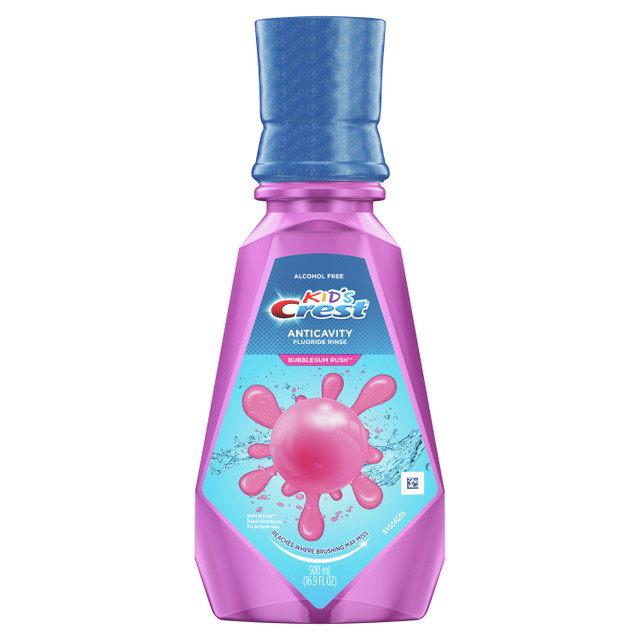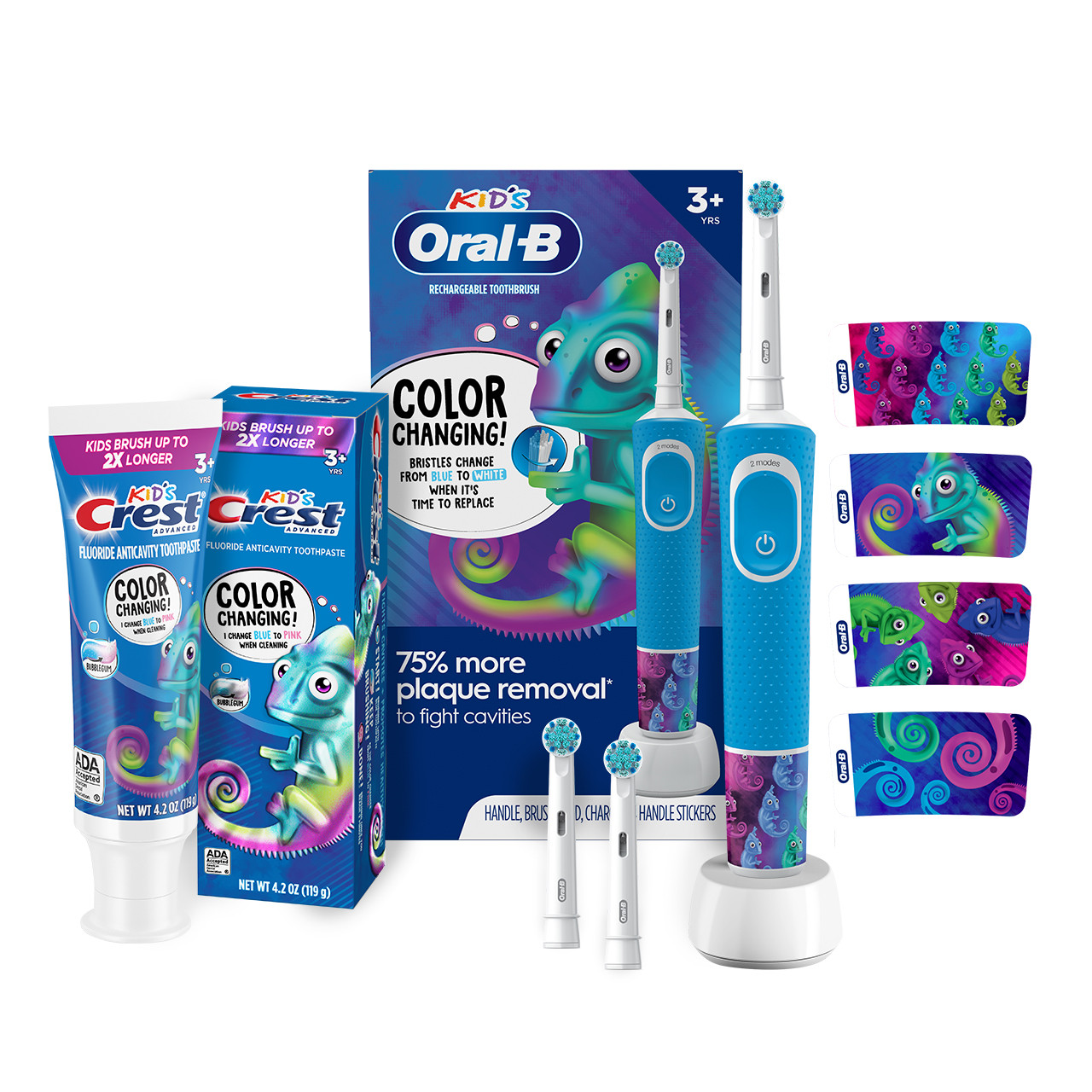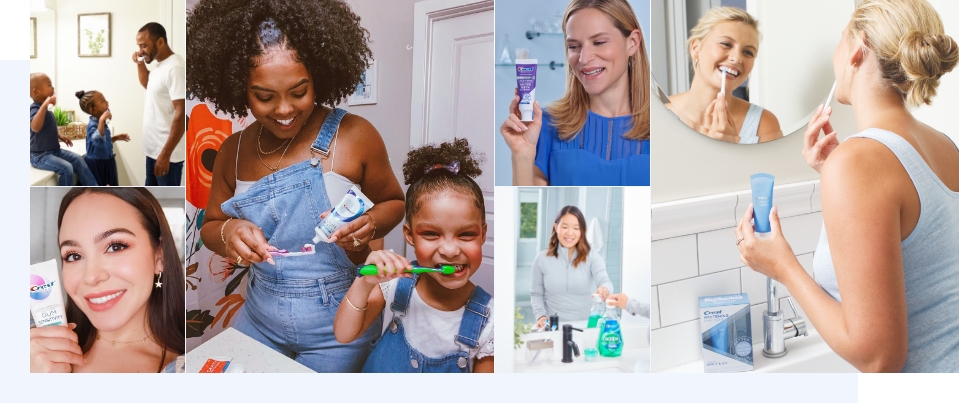Mouthwash for Kids
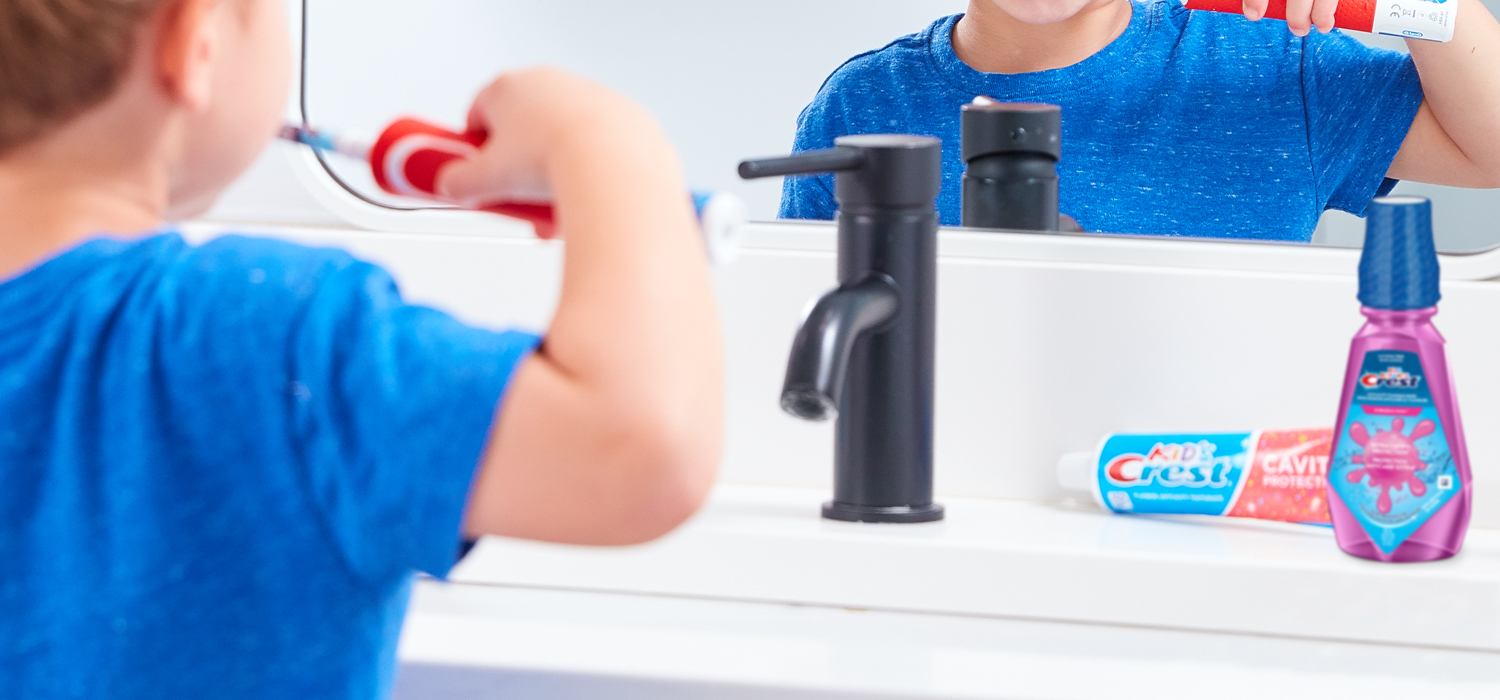
As your child grows, it’s important to help them develop good oral habits early on so their smiles can stay strong and healthy. Encourage them to brush their teeth twice a day and floss at least once every day. Once they reach the right age you can introduce an anti-cavity mouthwash to their daily routine.
Why Should Kids Rinse with Mouthwash?
An oral rinse specially designed for children can be a great accompaniment to their daily dental hygiene routine. Mouthwashes formulated with fluoride can help prevent cavities from taking root, the #1 oral care issue in kids. Adding an anticavity mouthwash for kids can help strengthen their developing smile and fight off tooth decay.
When to Start Rinsing with Mouthwash?
Adding a gentle oral rinse to your child’s oral care can help keep their teeth healthy. If your child is under 6 years old, it’s best to not use mouthwash yet unless recommended by your dental professional. Children tend to swallow the mouthwash rather than spit it out, so be sure to supervise your child if they’re between the ages of 6 and 12.
Types of Mouthwash for Kids
When it comes to kids’ mouthwash, there are 2 components to look for: fluoride and alcohol-free.
Most mouthwash for kids is formulated without alcohol to prevent that harsh burning feeling that’s often associated with oral rinses. Typically, kids’ mouthwashes come in mild flavors that make rinsing more enjoyable.
In addition to avoiding the harshness of alcohol, when looking for a mouthwash for kids ages 6 and up, it’s important to rinse with one that’s formulated with fluoride. Adding a fluoride mouthwash to your kid’s oral care routine adds another layer of cavity protection to help keep decay at bay. Plus, an oral rinse can reach areas of the mouth that a toothbrush may have missed.
Our Best Mouthwash for Kids
When looking for mouthwash for school-aged kids, an alcohol-free, mildly flavored rinse is often best. Crest Kid’s Anti-Cavity Rinse is formulated with fluoride to better protect your child’s smile. The alcohol-free, anticavity fluoride rinse reaches where brushing may have missed, so you kids get a more thorough clean. Additionally, the rinse comes in fun flavors like Strawberry and Bubblegum to make swishing more enjoyable.
A mouthwash can help clean teeth to remove the gunk and debris that brushing leaves behind but should not replace an oral care routine of brushing twice and flossing once daily. Be sure to take your child to see a dental professional at least twice a year for regular checkups and professional cleanings.
Best Mouthwash for Braces
Although braces help straighten their smile, cleaning around brackets and wires can be an obstacle. Food particles and plaque often get trapped and can increase their risk of tooth decay. It’s important for kids with braces to follow a thorough oral care routine of brushing twice and flossing once a day, adding a fluoride rinse that’s known to reduce cavities can help ensure they clean every nook and cranny for a healthier smile.
Mouthwash FAQs
Does mouthwash expire?
Yes, mouthwash can expire. Most mouthwashes are effective for about 2 to 3 years. To find your mouthwash’s specific expiration date, try checking the bottle for a printed expiration date. After that period, the active ingredient loses its efficacy and can no longer provide the oral care benefits it was formulated for.
What happens if my child swallows mouthwash?
Depending on the amount swallowed, you can expect them to feel queasy, dizzy, or experience diarrhea. If the amount swallowed is concerning, contact National Poison Control Center at 1-800-222-1222 for quick, confidential help.
Sources:
https://www.healthline.com/health/how-to-use-mouthwash#using-mouthwash
https://www.healthline.com/health/how-to-use-mouthwash
https://www.mouthhealthy.org/life-stages/teens/healthy-dental-habits-teens
https://www.cdc.gov/oralhealth/basics/childrens-oral-health/index.html


